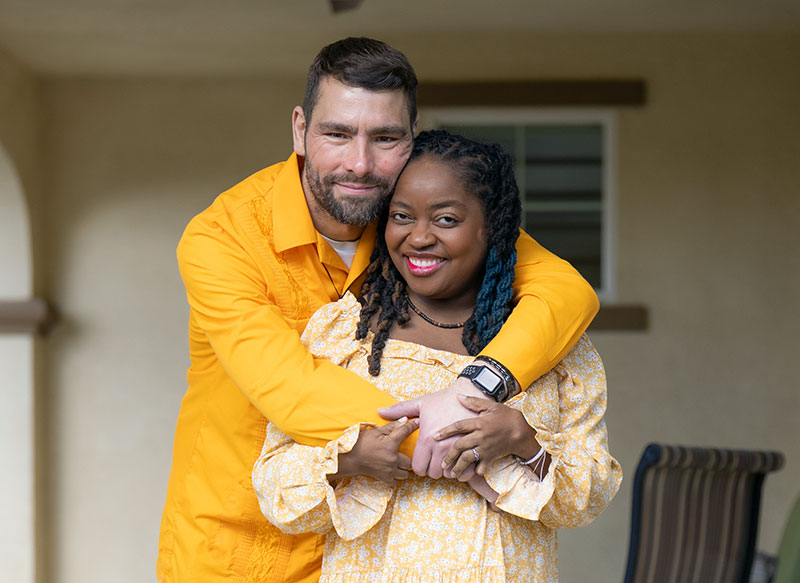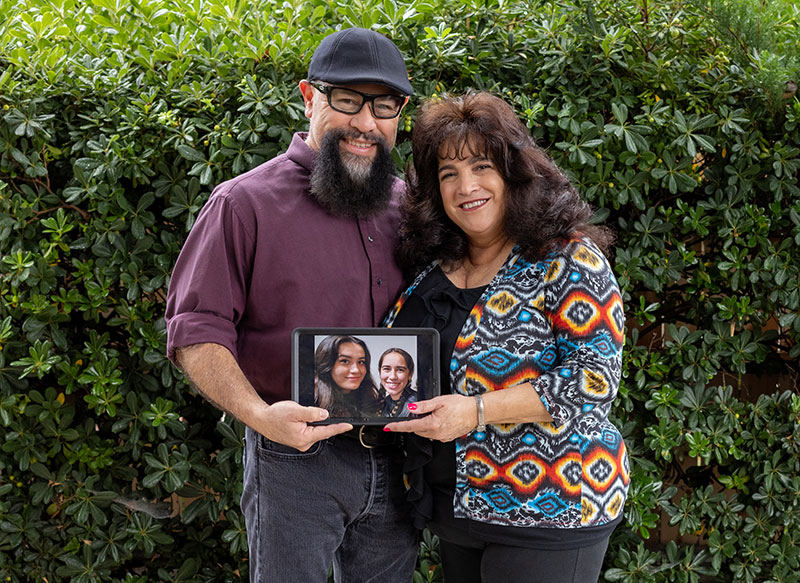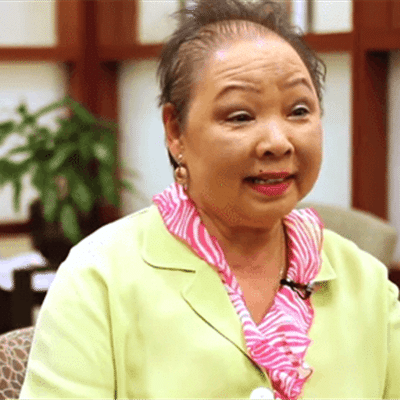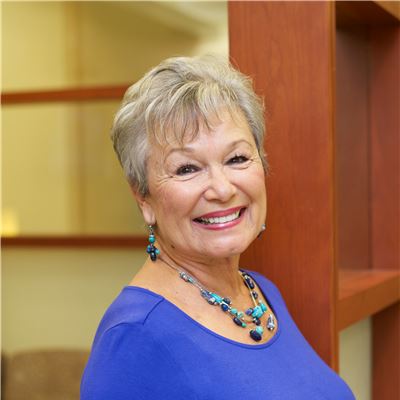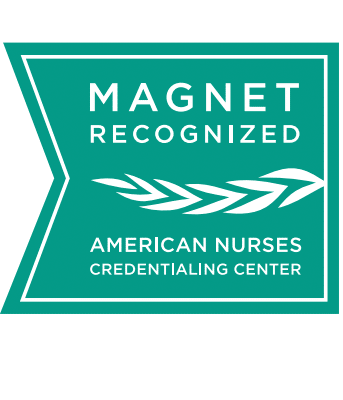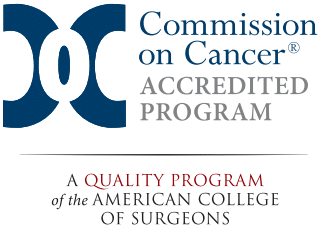From diagnosis through survivorship, our team of experts keeps your cancer care close to home.
At the Huntington Cancer Center, an affiliate of Cedars-Sinai Cancer, we are leading the way in providing comprehensive diagnostic, treatment and support services to our patients and their families.
Through our collaboration with Cedars-Sinai Cancer, we have expanded our trusted cancer program to deliver the highest level of personalized care, close to home.
We now have more dedicated specialists and innovative treatment options, plus expanded services such as our new on-site infusion center and access to the Cedars-Sinai Cancer clinical trial network. Our expert cancer care is delivered with the compassionate, whole-person support that Huntington is known for.
Our expert medical and radiation oncologists, hematologists and surgeons locally treat all types of cancers, including, but not limited to:
- Breast cancer
- Gastrointestinal cancer (colon, rectum, liver, pancreas, stomach)
- Genitourinary cancer (bladder, kidney, prostate, testicular)
- Gynecological cancer (cervical, ovarian, uterine)
- Thoracic cancer (lung, esophageal, thyroid)
- Head and neck cancer
- Skin cancer (basal, squamous, melanoma)
- Blood cancer (lymphoma, leukemia)
- Brain cancer
- Bone cancer
- Sarcoma cancer
Call (626) 995-9001 to learn more about the Huntington Cancer Center and receive a physician referral.
Expert Treatment & Support
When you choose the Huntington Cancer Center to help you fight cancer, we support you every step of the way.
Patient Stories
Having received a lupus and rheumatoid arthritis diagnosis at the young age of 16, Michelle Usher was no stranger to doctor visits and medical tests. When she started to feel increasingly fatigued and exhausted towards the end of 2022, she did not think anything of it, until a routine blood test indicated she was anemic. […]
Sallianne Acosta has a family history of breast cancer, so she began getting annual mammograms in 1998 at the age of 33 — the same year she married her husband, Rene. Over the years, routine screenings found several masses, but each was benign. In 2002, she and Rene welcomed twin girls and enjoyed a happy […]
When Gina Imbrenda discovered a lump on her breast during a self-examination, she contacted her doctor immediately. She underwent an MRI at the Jim and Eleanor Randall Breast Center, which confirmed what she feared: It was breast cancer. For Gina, at the time an employee here, the choice of where she would go for treatment […]
As a marketing consultant for the Jim and Eleanor Randall Breast Center and the radiologists with The Hill Medical Corporation, Katie Robbins works to encourage women to stay current on their breast screenings. She knows from experience how crucial annual screenings are. In 2015, Katie went in for her annual mammogram. When an abnormality was […]
Mick has been an avid saxophone player for the past two decades. When he was diagnosed with lung cancer three years ago, his greatest fear was that he would not be able to play his beloved instrument, after surgery, radiation and four rounds of chemotherapy, Mick was able to blow horn with the best of […]
Cynthia talks about the turn of events that revealed a cancer that would not have been found, had it not been for providence and circumstance. The Huntington Hospital team approach helped her through the entire experience. We’re so glad we were able to help her through this ordeal and that she’s here to tell us […]
Thanks to care received at Huntington Cancer Center, an affiliate of Cedars-Sinai Cancer, Anita Chavez is now cancer-free. When she found a lump during a breast self-examination, “I knew immediately that it was cancer,” she says. “I had a history of developing cysts — and the lump I found felt different.” Anita’s physician referred her […]
View all patient stories here.
Cancer Screening Guidelines
Cancer screening is a critical part of proactively managing your health; it might be time for you to add regular screening to your annual health checkups.
Huntington’s Cancer Committee has developed these cancer screening guidelines, bringing together the most up-to-date recommendations from the American Cancer Society and other leading cancer authorities.
Explore the guidelines by clicking the cancer diagnoses to read the full recommendations.
Please contact the Huntington Cancer Center directly with any questions about our services at (626) 397-2524
625 S. Fair Oaks Ave., Suite 100, Pasadena, CA 91105
Huntington Cancer Center News
 English
English Espanol
Espanol 简体中文
简体中文 Tagalog
Tagalog հայերեն
հայերեն 한국인
한국인 Tiếng Việt
Tiếng Việt فارسی
فارسی русский
русский 日本
日本 عربي
عربي